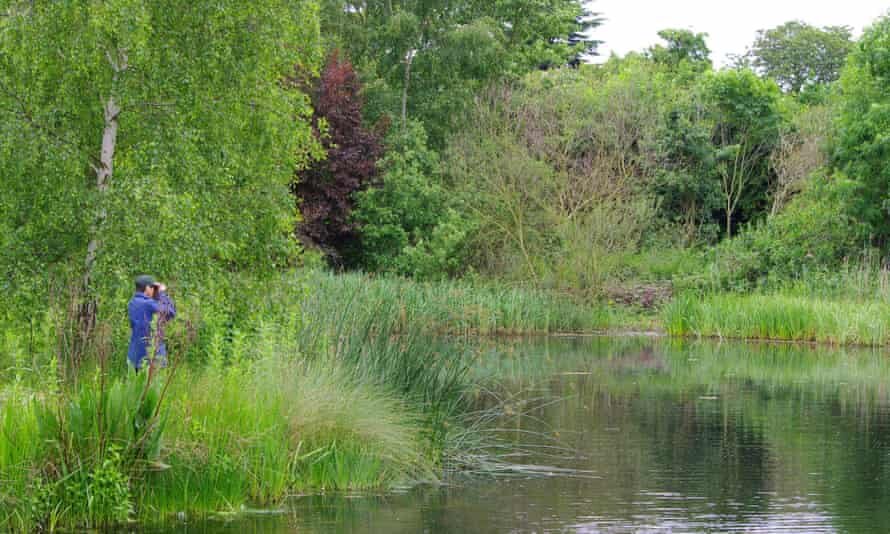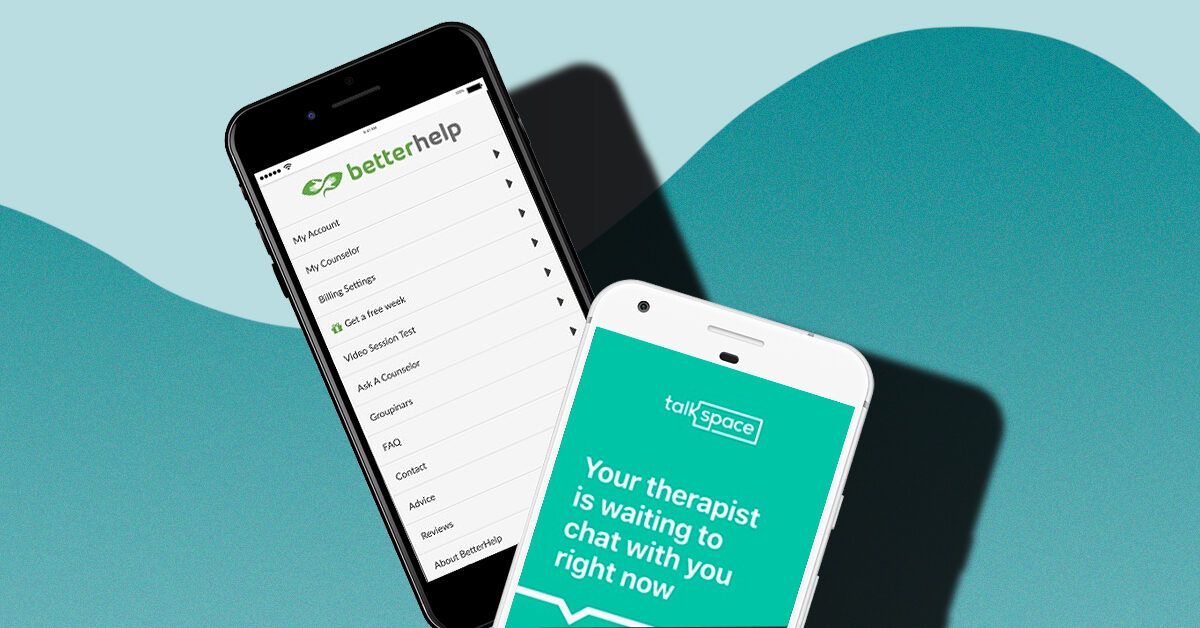David Baxter PhD
Late Founder
Nature on prescription: Wetlands project aims to boost mental health
by Damian Carrington, The GuardianMay 13, 2021
London Wetlands Centre to run courses focusing on wildlife beauty as therapy to help alleviate depression and anxiety.

The WWT London Wetland Centre, where the ‘blue prescribing’ project will take place. Photograph: WWT/PA
Hundreds of people experiencing poor mental health will be introduced to the natural beauty of wetlands under a “blue prescribing” scheme.
There is increasing evidence of the benefits of nature for mental health and wellbeing. A recent pilot wetlands project showed that people diagnosed with anxiety or depression moved up a clinical mental health grade, from below average to average.
Now a scheme will start this summer at the WWT London Wetland Centre in the UK with six-week wetlands courses co-designed by the WWT, the Mental Health Foundation and participants themselves. Activities could include birdwatching, pond dipping, nature walks and habitat protection work. Participants’ travel costs are to be funded and their progress assessed using standard medical questionnaires.
Previous schemes involving activities such as wildlife volunteering noted clear improvements in mental health. YouGov polling for the Mental Health Foundation found that being near lakes, rivers and the sea – ahead of time spent in gardens, parks and the countryside – was rated the highest by people in terms of having a positive impact on their mental health.
Using nature as a therapy is part of a wider movement of social prescribing, where exercise, social activities, home improvements and other interventions are used as effective and often inexpensive treatments.
In 2018 the health secretary, Matt Hancock, backed a dramatic expansion of social prescribing as a way of relieving the pressure on the NHS as well as improving patients’ chances of recovery.
A pilot study with 16 participants found significant improvements in mental wellbeing, anxiety and stress. Better physical health and reduced social isolation was also reported.
“The benefits for our mental wellbeing, of getting out in nature, has become well known during the pandemic, but those experiencing mental health problems and those most at risk still face greater barriers to accessing nature – they are more likely to live in urban areas with fewer natural spaces and less likely to have the means to travel to those spaces,” said Jonathan Reeves, of the WWT.
Reeves said the pilot had been “really great”, adding: “The way people spoke about afterwards was really touching.”
One participant said: “Usually I am just switching four walls for another four walls. This is something bigger than myself. It’s something to be connected to.”
Jolie Goodman, of the Mental Health Foundation, said: “Many people in Britain get no support for their mental health from the NHS. Projects like blue prescribing are a way for people to protect their own mental health and prevent them needing crisis support.”
Research in 2019 found that a two-hour “dose” of nature each week significantly boosted health and wellbeing, even if people simply sat and enjoyed the peace. Volunteers on wildlife projects showed a big boost to their mental health in a 2017 study.
Another trial found that GPs prescribing double glazing and loft insulation for patients living in cold, damp, homes were able to transform lives and reduce the huge sums spent by the NHS on cold-related ill health. In 2014 the chair of the NHS alliance said social prescribing projects were cutting the NHS drugs bill.

